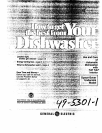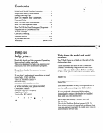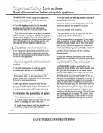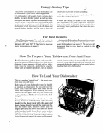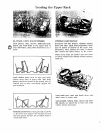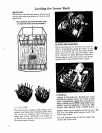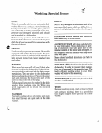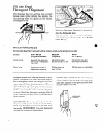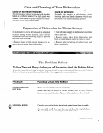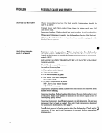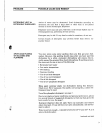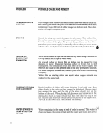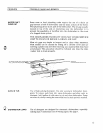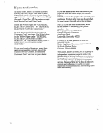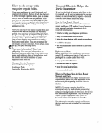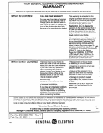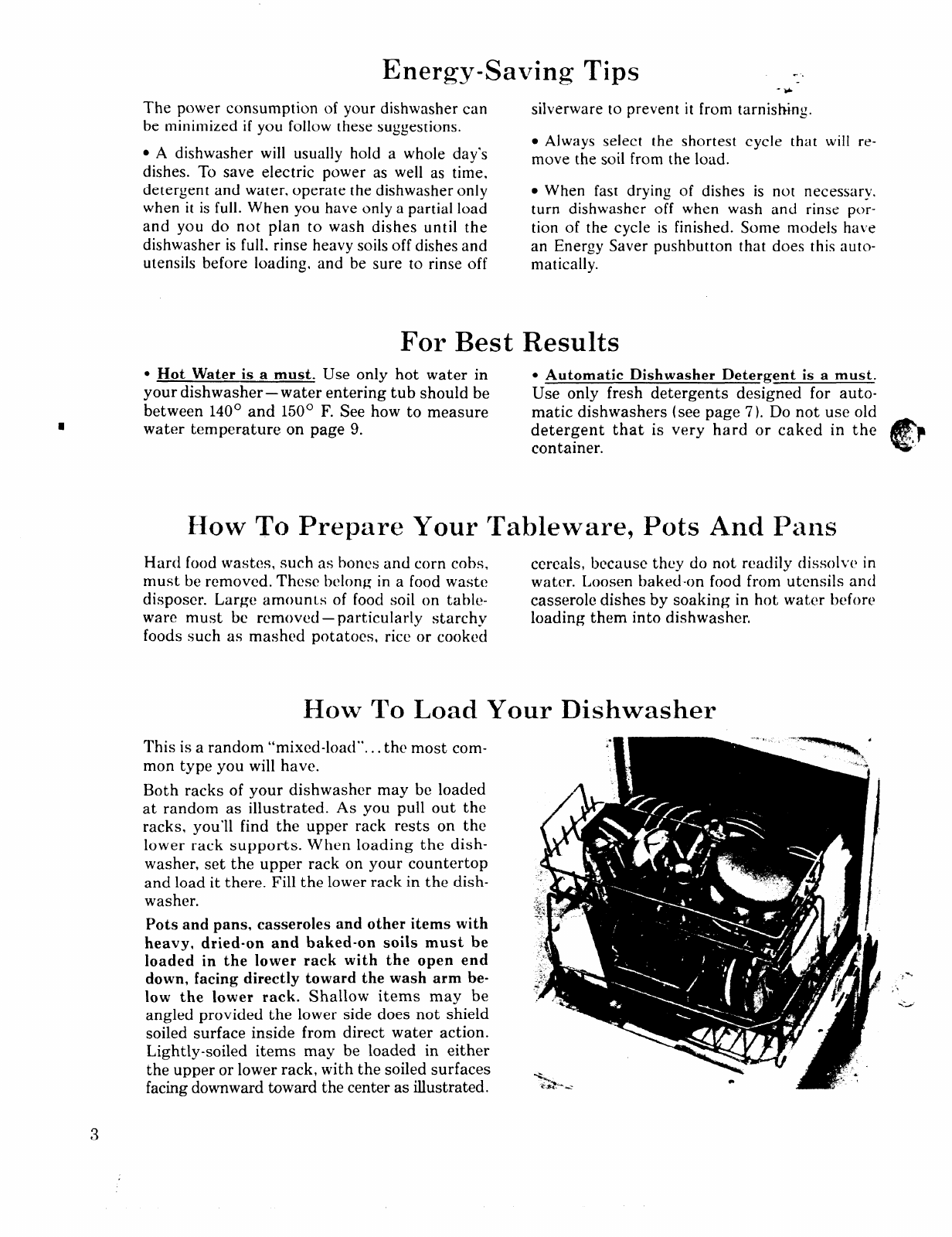
Energy-Saving Tips
-.
.
b
-.
The power consumption of your dkhwasher can
be minimized if you follow these suggestions.
.
A dishwasher will usually hold a whole day’s
dishes.
To save electric power as well as time,
detergent and water, operate the dishwasher only
when
it is full. When you have only a partialload
and you do not plan to wash dishes until
the
dishwasher k full. rinse heavy soils off dishes and
utensils before loading, and be sure to rinse off
silverware to prevent it from tarnishing.
● Always select the shortest cycle that will re-
move the soil from the load.
. When fast drying of dishes is no( necessary.
turn dishwasher off when wash and rinse por-
tion of the cycle is finished. Some models have
an Energy Saver pushbutton (hat does this auto-
matically.
For Best Results
● Hot Water is a must. Use only hot water in
● Automatic Dishwasher Detergent is a must.
your dishwasher – water entering tub should be
Use only fresh detergents designed for auto-
between
140° and 150° F. See how to measure
matic dishwashers (see page 7). Do not use old
water temperature on page 9.
detergent
that is very hard or caked in the
c
it
container.
Hard
must
How To Prepare Your Tableware, Pots And Pam
food wastes, such as bones and corn cobs,
cereals, because they do not readily dissolve in
be removed. These belong in a food waste
water. Loosen baked -on food from utensils and
disposer. Large amounts of food soil on table-
casserolc dishes by soaking in hot water before
ware must be removed —particularly starchy loading them into dishwasher.
foods such as mashed potatoes, rice or cooked
How To Load Your Dishwasher
This is a random “mixed-load’”... the most com-
mon type you will have.
Both racks of your dishwasher may be loaded
at random as illustrated. As you pull out the
racks, you’ll find the upper rack rests on the
lower rack supports. When loading the dish-
washer, set the upper rack on your countertop
and load it there. Fill the lower rack in the dish-
washer.
Pots
and pans, casseroles and other items with
heavy, dried-on and baked-on soils must be
loaded in the lower rack with the open end
down, facing directly toward the wash arm be-
low the lower rack. Shallow items may be
angled provided the lower side does not shield
soiled surface inside from direct water action.
Lightly-soiled items may be loaded in either
the upper or lower rack, with the soiled surfaces
facing downward toward the center as illustrated.
-%
i-a- --
3



